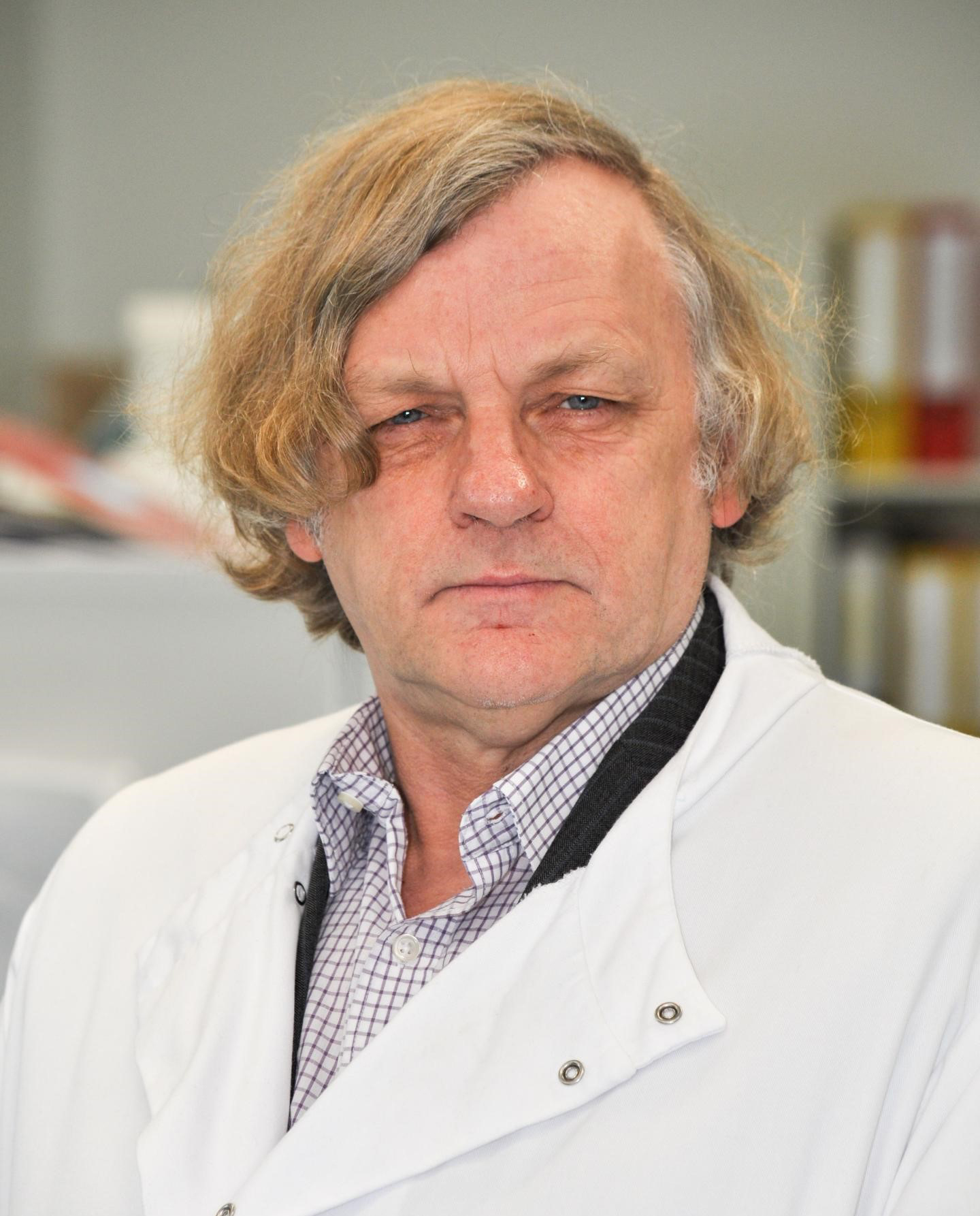


Colin S. Cooper, Ph.D.
Professor, Norwich Medical School, University of East Anglia
Colin S. Cooper
英国东英吉利大学诺里奇医学院癌症遗传学教授,1978年博士毕业于英国伯明翰大学生物化学专业,曾任职于英国癌症研究院、伦敦大学分子生物学教授。国际知名癌症研究专家,发表170篇左右论文呢,引用12000多次。
The clinical management of human prostate cancer represents a major global health problem that has arisen because
of limited knowledge in a number of key areas, particularly, our lack of understanding of the factors
underpinning progression to life threatening disease. To address this issue we have set up a world-wide
consortium called the Pan Prostate Cancer Group (PPCG) that aims to harmonise analysis of whole genome DNA
sequencing data from 2000 cancers from 9 countries. Additional platform data including methylation data and
RNAseq data will also be available for most cancers. PPCG will pool resources (data and personnel) to perform
collaborative research that improves patients’ lives. The PPCG will address the major gaps in our knowledge and
provide a vital global resource to the scientific and deliver interdisciplinary excellence across the areas of
Human Omics Research, Pathology, Machine Learning, The Human Microbiome, Clinical Research, and Patient
Treatment. Key problems to be addresses by PPCG are as follows:
a. To find the best multimodal biomarker of aggressive disease integrating both somatic and germline
alterations.
b. To provide new insights into prostate cancer diagnosis and mechanisms of development.
c. To identify new insights into ethnic differences in prostate cancer across populations.
d. To identify new markers of genetic predisposition to prostate cancer.
In this talk I will describe our previous work as part of the UK International Cancer Genome Consortium Prostate
Cancer project and how this evolved into the PPCG. The ICGC work has already provided insights into (i) the
nature of the field effect , (ii) how metastatic disease spreads through the body and (iii) new potential
mechanisms for the drug targeting of human prostate cancer. I will also describe linked projects also addressing
the issue of how to distinguishing aggressive from non-aggressive disease. The data-sets generated are extremely
large containing many data layers: for example the primary and secondary data that we extract from whole gene
sequence data contains 144 layers of information of many different mathematical types. Additionally, prostate
cancer samples selected for molecular analysis frequently have is a variable and heterogeneous composition that
can complicate analyses. New mathematical approaches are required take account of the inherent heterogeneous
composition of this disease and to extract information from multiple data layers in an unsupervised fashion.
Sponsor/主办单位:
West China School of Medicine/
West China Hospital, Sichuan University
四川大学华西临床医学院/华西医院
Local Host/
承办单位:
Institutes for Systems Genetics, West China Hospital
华西医院系统遗传研究院
NeoTrident Technology Ltd (Suzhou)
苏州创腾数据科技有限公司